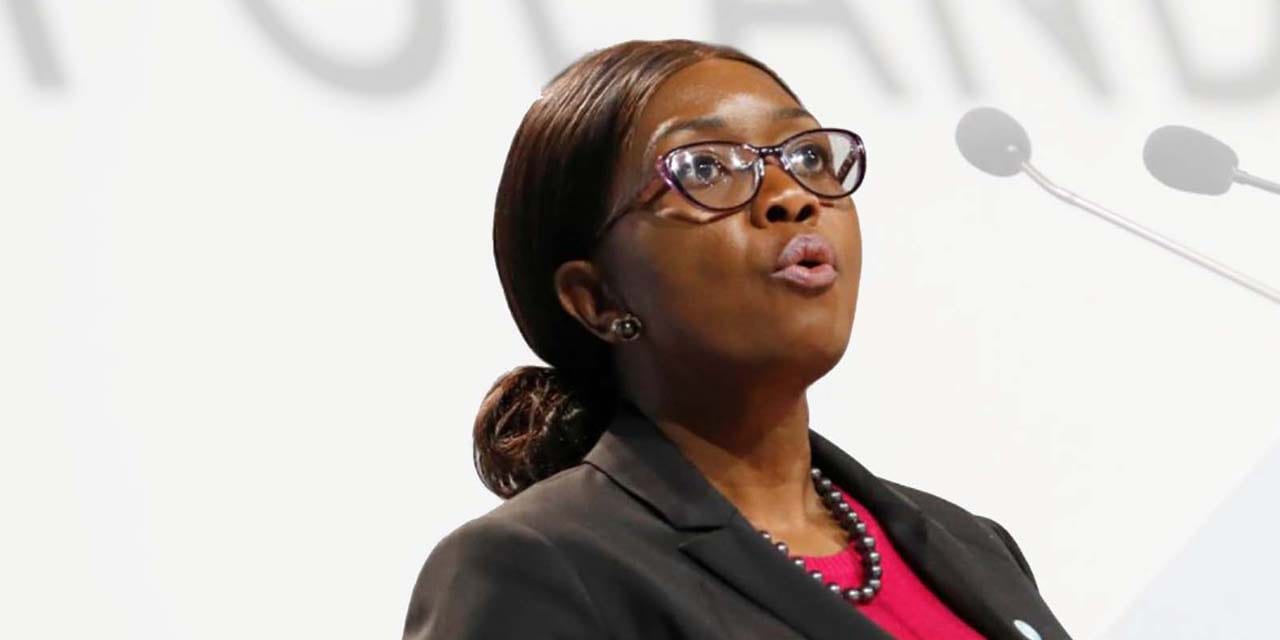Staff Writer
Prime Minister Saara Kuugongelwa-Amadhila hosted a virtual emergency Covid-19 meeting on Friday morning, akin to “fire-fighting” as the pandemic appears to be getting out of control.
Those attending included most Cabinet members and a number of executive directors from key ministries, offices and agencies. Kuugongelwa-Amadhila announced that 165 600 vaccines from Johnson & Johnson had been donated by the United States government, which makes it the biggest government-to-government vaccine donation that Namibia has received so far.
This consignment of vaccines is expected to arrive in the country before the end of August, the Prime Minister informs, giving hope to Namibians who have been subjected to reports of a shortage of the vaccine in the country. Although this donation could be seen as a short in the arm aimed at resuscitating the country’s ailing health system, the devastating Covid-19, which has brought the country’s public health system to its knees, claiming the lives of more than 1 000 Namibians including prominent public figures.
Johnson & Johnson is an American Covid-19 vaccine whose manufacturer has announced that its single-shot generated strong, persistent activity against the rapidly spreading Delta variant and other highly prevalent SARS-CoV-2 viral variants. In addition, the data showed that the durability of the immune response lasted through at least eight months, the length of time evaluated to date.
The Windhoek Observer understands the meeting was also informed that an additional 100 000 doses of the Chinese Sinopharm drug as well as 40 800 doses of AstraZeneca will be procured in the next two weeks.
Namibia will also receive 333 333 doses of Johnson & Johnson to be delivered in batches through the African Union Covid-19 Africa Vaccination Task Team. These vaccines will translate to more than 400 000 doses to be delivered before the end of this August.
However this remains a drop in the ocean as in total, Namibians would have only about 500 000 doses, 16 percent of the population – not enough for a significant herd immunisation in the country, which is set at between 72 percent and 80 percent of the population.
There has been a lot of misinformation in the country about the vaccines, leading to Namibians being reluctant in taking the life-saving drug in fear for its safety and side-effects. Media reports last week, quoted Minister of Justice, Yvonne Dausab, saying the Namibian Constitution and the Public and Environmental Health Act could be used to make mandatory vaccination a possibility.
This is despite the fact that the World Health Organization (WHO) does not support mandatory vaccinations but prefers informational campaigns and the accessibility of vaccines instead.
“At the moment Namibia has not made a decision in this regard but when we do, and understanding that we have a supreme constitution we will consider it along the guidelines that: it is necessary and proportional, is there sufficient evidence of vaccine efficacy and effectiveness, supply, public trust and ethical processes of decision-making,” Dausab was quoted by a local weekly, expressing hope that more and more Namibians will volunteer to be vaccinated.




